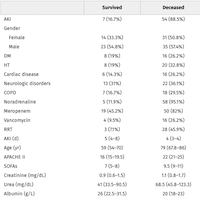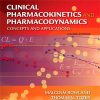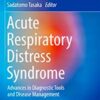Sedation, Analgesia, and Paralysis in COVID-19 Patients in the Setting of Drug Shortages
journals.sagepub.com
The rapid spread of the severe acute respiratory syndrome coronavirus-2 (SARS-CoV-2) has led to a global pandemic. The 2019 coronavirus disease (COVID-19) presents with a spectrum of symptoms ranging from mild to critical illness requiring intensive care unit (ICU) admission. Acute respiratory distress syndrome is a major complication in patients with severe COVID-19 disease. Currently, there are no recognized pharmacological therapies for COVID-19.
However, a large number of COVID-19 patients require respiratory support, with a high percentage requiring invasive ventilation.
The rapid spread of the infection has led to a surge in the rate of hospitalizations and ICU admissions, which created a challenge to public health, research, and medical communities.
The high demand for several therapies, including sedatives, analgesics, and paralytics, that are often utilized in the care of COVID-19 patients requiring mechanical ventilation, has created pressure on the supply chain resulting in shortages in these critical medications.
This has led clinicians to develop conservation strategies and explore alternative therapies for sedation, analgesia, and paralysis in COVID-19 patients.
Several of these alternative approaches have demonstrated acceptable levels of sedation, analgesia, and paralysis in different settings but they are not commonly used in the ICU.
Additionally, they have unique pharmaceutical properties, limitations, and adverse effects.
This narrative review summarizes the literature on alternative drug therapies for the management of sedation, analgesia, and paralysis in COVID-19 patients.















